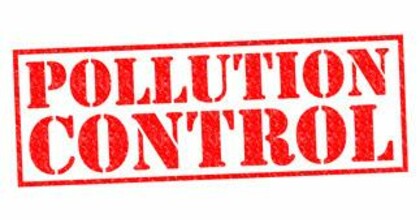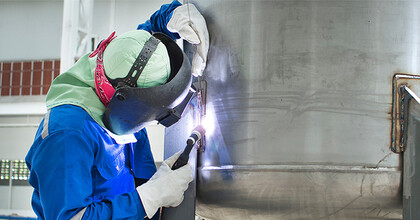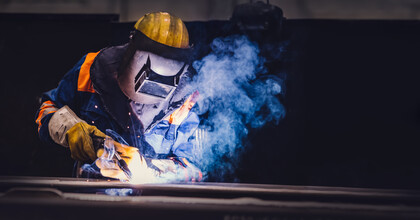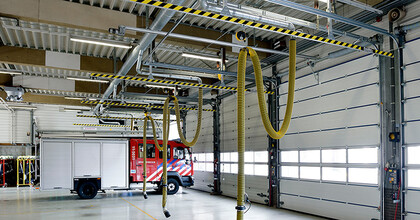Plymovent supports global lung cancer awareness with key sponsorships
This November, Plymovent, a global leader in workplace clean air solutions, is proud to support Lung Cancer Awareness Month by sponsoring the American Lung Association (USA), the European Lung Foundation (ELF), and the Thoracic Society of Thailand. This initiative highlights Plymovent’s commitment to lung health through awareness, prevention, and education.
















